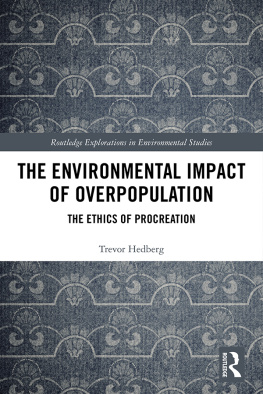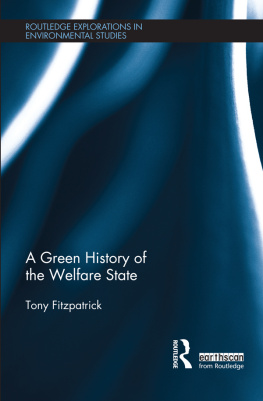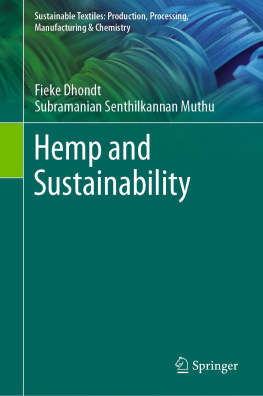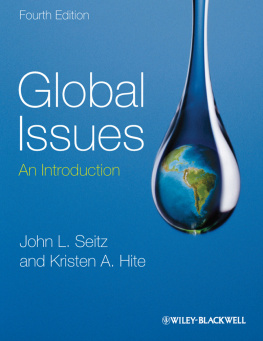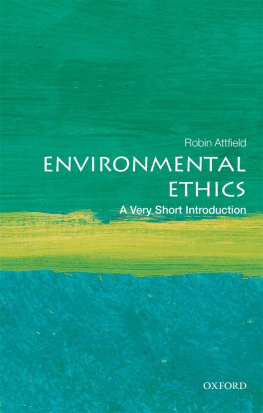The great, escalating crises of climate disruption and biodiversity loss are unavoidably entangled with the population problem. Trevor Hedberg analyzes that problem rationally and ethically and proposes practical solutions. His efforts yield conclusions that are logical yet humane and realistic yet hopeful.
John Nolt, Distinguished Service Professor Emeritus of Philosophy and Research Fellow in the Energy and Environment Program at the Howard H. Baker Jr. Center for Public Policy, University of Tennessee, US
Philosophers and ethicists have begun to enter the discussion of overpopulation in recent years, but it has been slow and piecemeal. Until now. Trevor Hedbergs book is an impressively thorough investigation into the ethical and policy issues raised by our ever-increasing numbers.
Travis N. Rieder, Director of the Master of Bioethics degree program, Johns Hopkins Berman Institute of Bioethics, US
Its taboo to discuss reproductive issues in the West except in the context of liberty. As a result, Western thought has failed to reflect on the deepest problem of our age the collision with planetary boundaries. Hedbergs Overpopulation is a breath of fresh air. It connects the dots, asks the right questions, and leads to new insights.
Martin Schnfeld, Professor of Philosophy and Faculty in the College of Global Sustainability, University of South Florida, US
Trevor Hedberg summarizes the most credible empirical evidence and best moral arguments regarding population growth. He also presents original arguments that are subtle and convincing. Furthermore, the book is accessibly written, clear, and persuasive. Its definitely a must read for anyone interested in this topic!
Ramona C. Ilea, Professor and Philosophy Department Chair, Pacific University, US
The Environmental Impact of Overpopulation
This book examines the link between population growth and environmental impact and explores the implications of this connection for the ethics of procreation.
In light of climate change, species extinctions, and other looming environmental crises, Trevor Hedberg argues that we have a collective moral duty to halt population growth to prevent environmental harms from escalating. This book assesses a variety of policies that could help us meet this moral duty, confronts the conflict between protecting the welfare of future people and upholding procreative freedom, evaluates the ethical dimensions of individual procreative decisions, and sketches the implications of population growth for issues like abortion and immigration. It is not a book of tidy solutions: Hedberg highlights some scenarios where nothing we can do will enable us to avoid treating some people unjustly. In such scenarios, the overall objective is to determine which of our available options will minimize the injustice that occurs.
This book will be of great interest to those studying environmental ethics, environmental policy, climate change, sustainability, and population policy.
Trevor Hedberg is a postdoctoral scholar at The Ohio State University, USA, jointly affiliated with the College of Pharmacy and the Center for Ethics and Human Values.
Routledge Explorations in Environmental Studies
The Role of Non-state Actors in the Green Transition
Building a Sustainable Future
Edited by Jens Hoff, Quentin Gausset and Simon Lex
The Creative Arts in Governance of Urban Renewal and Development
Rory Shand
What Can I do to Heal the World?
Haydn Washington
Towards a Society of Degrowth
Onofrio Romano
Romantic Anti-capitalism and Nature
The Enchanted Garden
Robert Sayre and Michael Lwy
Liberty and the Ecological Crisis
Freedom on a Finite Planet
Edited by Christopher J. Orr, Kaitlin Kish, and Bruce Jennings
Environmental Justice and Oil Pollution Laws
Comparing Enforcement in the United States and Nigeria
Eloamaka Carol Okonkwo
The Environmental Impact of Overpopulation
The Ethics of Procreation
Trevor Hedberg
www.routledge.com/Routledge-Explorations-in-Environmental-Studies/book-series/REES
The Environmental Impact of Overpopulation
The Ethics of Procreation
Trevor Hedberg
First published 2020
by Routledge
2 Park Square, Milton Park, Abingdon, Oxon OX14 4RN
and by Routledge
52 Vanderbilt Avenue, New York, NY 10017
Routledge is an imprint of the Taylor & Francis Group, an informa business
2020 Trevor Hedberg
The right of Trevor Hedberg to be identified as author of this work has been asserted by him in accordance with sections 77 and 78 of the Copyright, Designs and Patents Act 1988.
All rights reserved. No part of this book may be reprinted or reproduced or utilized in any form or by any electronic, mechanical, or other means, now known or hereafter invented, including photocopying and recording, or in any information storage or retrieval system, without permission in writing from the publishers.
Trademark notice: Product or corporate names may be trademarks or registered trademarks, and are used only for identification and explanation without intent to infringe.
British Library Cataloguing-in-Publication Data
A catalogue record for this book is available from the British Library
Library of Congress Cataloging-in-Publication Data
A catalog record has been requested for this book
ISBN: 978-1-138-48975-2 (hbk)
ISBN: 978-1-351-03702-0 (ebk)
Typeset in Bembo
by Wearset Ltd, Boldon, Tyne and Wear
For Donald Hatcher
Contents
When I was born, there were five billion people in the world. In the time since, we have added more than 2.5 billion people to that tally. As a graduate student studying applied moral philosophy, I was baffled that people were not saying more about this subject and its connection to climate change, biodiversity loss, and a variety of other environmental problems we now face. How could philosophers people who specialize in challenging conventional wisdom be so silent on social norms regarding procreation when there seemed to be so much evidence that our burgeoning numbers were contributing to such significant problems?
That silence appears to have ended. During the last five years, candid discussions of overpopulation and the ethics of procreation have resurfaced in many disciplines. While there remains disagreement about the severity of the problem and what should be done about it, I view the renewal of this discussion as a step in the right direction. We cannot address such complex issues by ignoring them or subverting the conversation out of a fear that we might say something politically incorrect. I am certain this book will not be the last one addressing population growth, but I hope that it will, like the works that have preceded it, improve our understanding and push the conversation in new and promising directions.
One of the recurring themes of this book is that moral problems of a grand scale usually do not allow for tidy solutions. However we try to address these problems, there will almost always be winners and losers. Some will benefit; others will be harmed. The key is determining which outcome is most justifiable when none of the options available lead to an ideal resolution. I believe our current circumstances with respect to population growth fit this description. If we do not do anything to decelerate population growth and (in the long term) pursue population reduction, there will be devastating consequences for future people. However, if we do pursue certain measures to slow and eventually reverse global population growth, presently existing generations may suffer harm or injustice in the near term. So how do we balance these competing moral considerations? At its core, this book is an attempt to answer that question.

